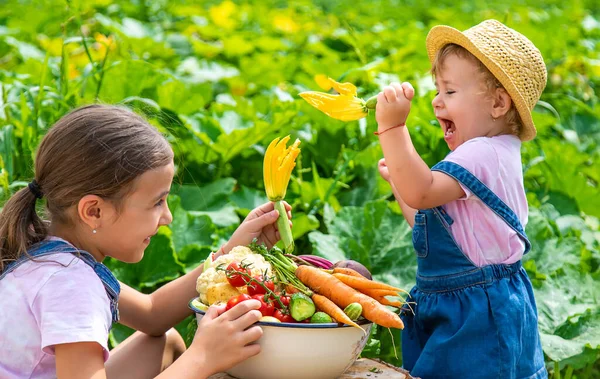Basic cooking skills for under-fives
Being able to cook is a great skill to have. Whilst it can sometimes feel like a chore to adults, it’s an exciting and fun activity for children.
It’s also a terrific way to get children interested in food in general, or to help children with food issues to feel comfortable with ingredients they don’t currently eat. Start by teaching children the following basic cooking skills:
- Buttering a slice of bread.
- Cracking eggs by tapping the center of the egg over the rim of a small bowl, and then using thumbs to pull the two halves apart.
- Decorating fairy cakes or biscuits – spreading on the icing butter or just adding the sprinkles or other toppings.
- Kneading and rolling out dough using a rolling pin.
- Cutting shapes out using cookie cutters.
- Using a sieve – by holding over a larger bowl and gently shaking.
- Cutting soft fruit or vegetables, for example, a banana, with a non-sharp knife.
- Grating cheese – especially good if you’ve got a rotary grater.
- Crushing biscuits for bases or non-cook chocolate recipes – in a plastic bag with a rolling pin.
- Rubbing in butter and flour for crumble.
- Crushing garlic in a garlic press.
- Greasing and lining cake tins.
- Mashing bananas with the back of a fork for banana bread/cake.
- Mashing potato with a potato masher.
- Peeling vegetables with a vegetable peeler.
The recipe for success
Choose what you make carefully: For children under three, choose something like an easy biscuit recipe or a fresh fruit salad. Don’t try anything that takes too long or is too involved. As children get older, they can concentrate for longer and you can move on to more complicated dishes and eventually entire meals.
Plan ahead: Make sure you have all the ingredients before you embark on a session in the kitchen. Involve the children in choosing a recipe, shopping for the ingredients or planning the shopping list, making the food and finally eating it. It’s amazing how children are more likely to eat foods that they have been involved in making.
Allow plenty of time: Don’t think you can do anything quickly when you’ve got little helpers in the kitchen. Things tend to take a long time, so don’t squeeze a cooking session in between other sessions.
Expect mess: You’re going to have to expect some mess even with the neatest of children. But once you’re in that ‘messy frame of mind’ it’s easier to turn a blind eye to that layer of goo developing on the floor. You can always have a good clear-up later. Allow time for this when you plan children’s cooking ideas. Unless you have a full change of clothes handy, don’t forget aprons for everyone!
Decide on key learning outcomes: We might take it for granted that eggs are laid by chickens and that sugar, cocoa, rice and flour all come from plants. However, children may be amazed to learn just where their food comes from, and how it is produced.
Extend the learning: A trip to a local farmers’ market, Linvilla Orchards, Indian Orchards, Shady Brook Farms or, a farm where you can pick your own fruit and vegetables will also open children’s eyes to the variety of foods available in the Delco Area.

